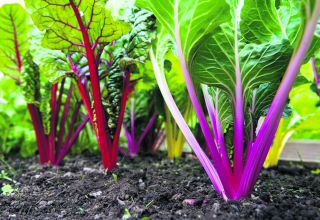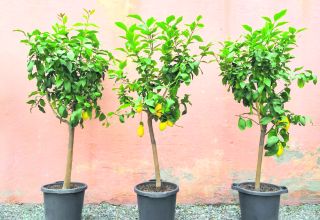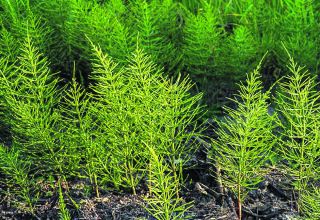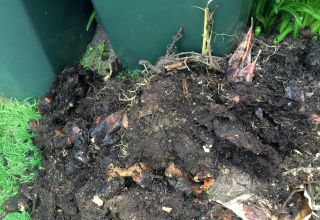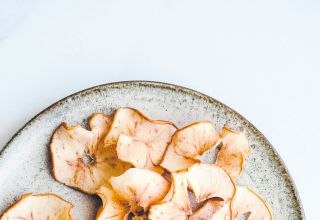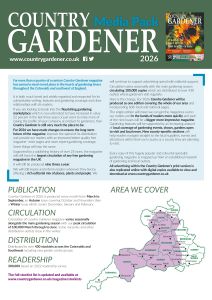
Dr Fiona MacRae, a specialist in integrative women’s health and bioidentical hormone balancing, explains how gardening offers genuine relief in painful, stressful times.
Menopause occurs when a woman’s ovaries no longer produce eggs. The stages of menopause can last anywhere from a few months to a few years, depending on the individual. During this time, women experience unique physical and hormonal changes that can cause several unpleasant symptoms, such as hot flashes, insomnia, and mood swings. Gardening has long been seen as a pastime to engage in when retreating from the hustle and bustle of everyday life.
But in recent years, gardening has taken on an even greater significance for women experiencing menopause. This time can present a range of challenges; physical, mental, and emotional. Fortunately, gardening has been found to have a profoundly beneficial impact for women going through this transition.
Gardening can offer an effective form of relief from the common challenges of menopause. It provides women with an outlet to express their emotions, cultivate healthy habits, and ease stress.
Specifically, there are four main ways in which gardening aids in managing menopause symptoms:
Firstly, gardening is an enjoyable form of physical activity.
It provides an opportunity to engage in light exercises, such as digging, raking, and planting, which can help maintain strong muscles and bones, and improve overall health. “Many turn to plants to reduce stress levels and improve overall wellbeing.” Gardening involves physical movements like resistance exercises, aerobic training, stretching, and relaxation, which can prevent weight gain and chronic diseases.
Gardening plays a significant role in preventing osteoporosis and promoting bone health. The physical movement involved in gardening strengthens cartilage tissue and bones while exposing women to sunlight for adequate vitamin D absorption.
Second, gardening provides an opportunity for women to connect with nature. This connection can provide an increased sense of peace and security which may ease the distress of menopause-related symptoms. Gardening serves as a therapeutic outlet that reduces psychological stress.
Gardening promotes mindfulness and being present, diverting negative thoughts and reducing stress. Connecting with nature improves mood and reduces anxiety and depression symptoms.
Third, gardening gives women the chance to immerse themselves in a positive activity. Nurturing plants and cultivating a garden is something they can take pride in and reap the rewards from. This can have a profound effect on reducing stress and anxiety, which can be major triggers for menopause-related symptoms. Cultivating a garden provides a sense of purpose and accomplishment, fostering overall well-being.
Finally, gardening can also be a social activity, creating a support system and fostering a sense of belonging. Incorporating gratitude into gardening practices enhances positive emotions and endorphin release. Overall, gardening offers a holistic approach that enhances mental health through relaxation, connection with nature, mindfulness, social engagement, gratitude, and purposeful engagement.
The term “stress” has become a ubiquitous part of our daily lives, and many turn to plants to reduce stress levels and improve their overall wellbeing.
Studies have demonstrated that being close to nature can have a calming and soothing effect, and there are some plant varieties which can provide an even more pronounced stress-relieving effect.

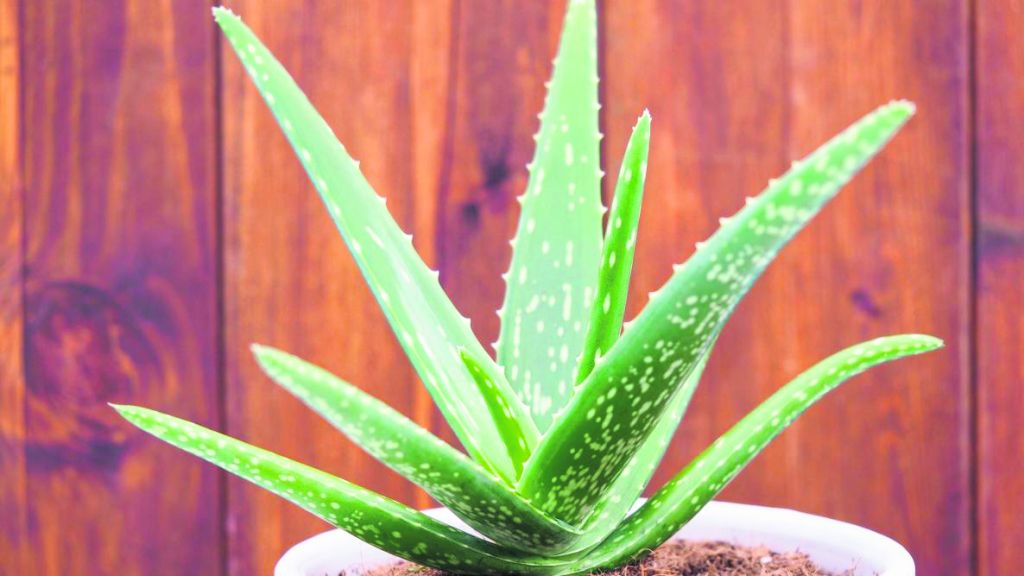
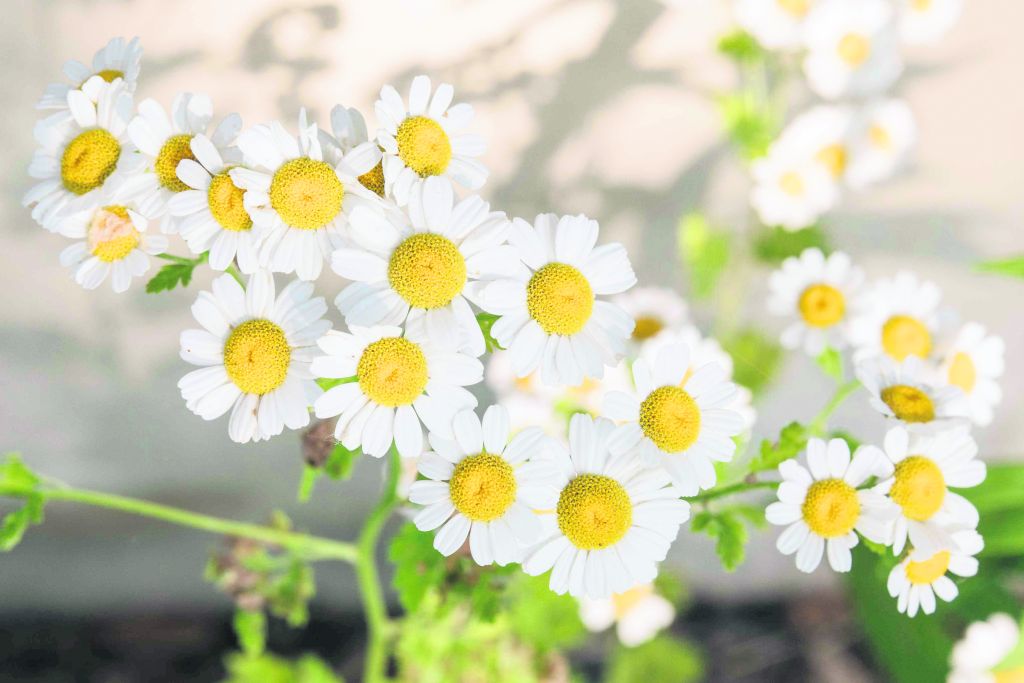
When it comes to choosing plants for anxiety and stress relief, several options are available. Here are some top choices:
1. Lavender: Known for its relaxing properties, lavender can reduce anxiety and improve sleep quality.
2. Chamomile: The calming effects of chamomile can be enjoyed through soothing tea, helping to reduce anxiety and promote relaxation.
3. Aloe Vera: Apart from being aesthetically pleasing, aloe vera also purifies the air, providing better sleep quality and lower stress levels.
4. Snake Plant: These low-maintenance plants are excellent air purifiers, great at removing toxins from the environment.
5. Spider Plant: Easy to grow and resilient, spider plants purify the air by eliminating harmful pollutants.
6. Jasmine: With its soothing fragrance, jasmine reduces anxiety levels and promotes a sense of well-being.
7. English Ivy is a good plant for relieving stress because it is an air-purifying plant. In addition to producing oxygen and filtering airborne particles, such as formaldehyde and benzene, English Ivy is low-maintenance and a hearty plant which does well in most types of soil and lighting. It also provides a beautiful, stress-reducing visual with its cascading vines and bright green hues.
8. Peace Lily is another excellent plant for stress relief. This flower is known for its spathiphyllum blooms, and even the presence of this soft-petaled flower can bring about a sense of tranquillity in the home. While the Peace Lily does require more care than the English Ivy, it still makes an attractive, low-maintenance plant for those hoping to reduce their stress levels.
Incorporating these plants into your living or working space can create a serene ambiance and contribute to overall well-being.
In summary, although menopause can be a difficult time for many women, gardening can provide an effective form of relief from the challenges associated with this transition.
About the Marion Gluck Clinic
www.mariongluckclinic.com
The Marion Gluck Clinic is the UK’s leading medical clinic that pioneered the use of bioidentical hormones to treat menopause, perimenopause and other hormone related issues. Headed up by Dr. Marion Gluck herself, the clinic uses her method of bioidentical hormonal treatment to rebalance hormones to improve wellbeing, quality of life and to slow down ageing.

